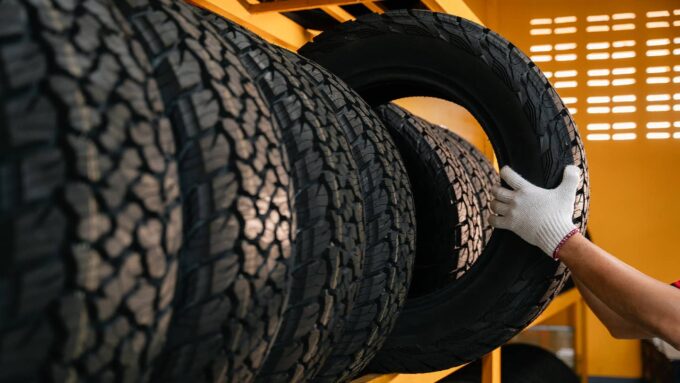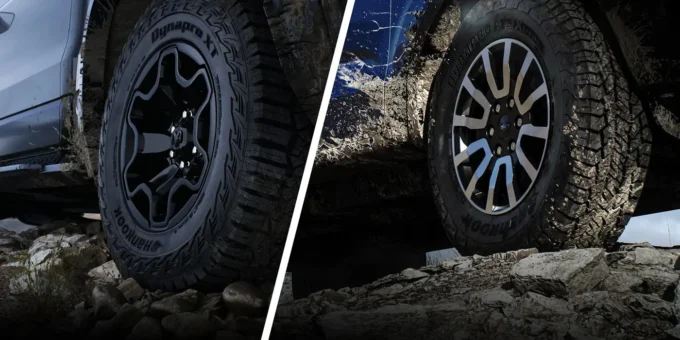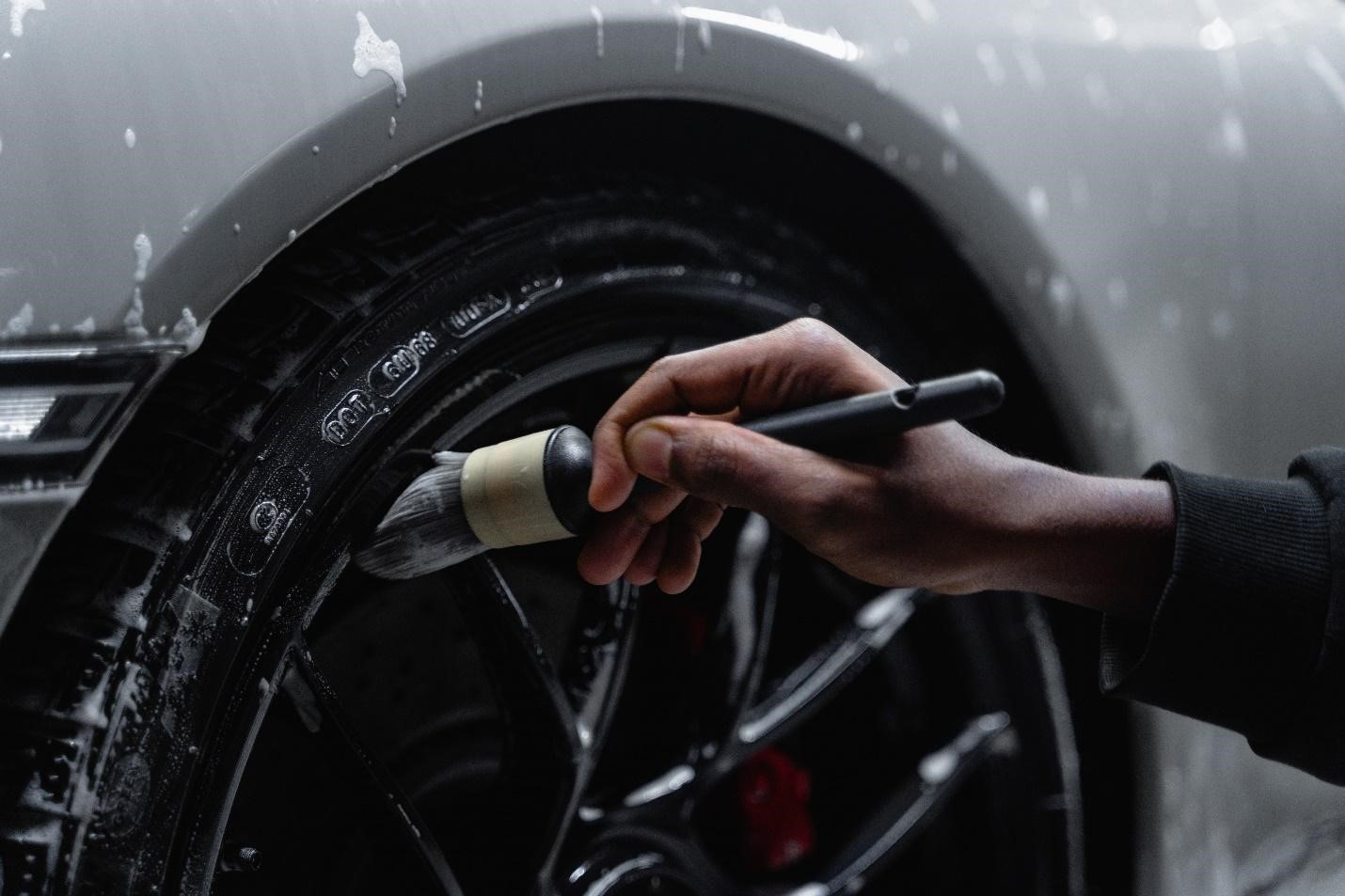Ever heard of a car that moves without a tire? Probably not, because there are none. Car tires are needed to keep the car stable and perform at its highest ability. They are important in guaranteeing your vehicle’s efficiency, as no vehicle is complete without tires. However, when they wear out, become damaged, or must be replaced, tire warranties play an important part in balancing the costs.
How To Make Sure Your Tires Are Lasting as Long as Possible

To ensure that your tires survive as long as possible, several maintenance procedures, inspections, and proper driving habits must be used. These will apply regardless of the vehicle you drive. Making sure you have good quality tires like thunderer tires help alongside these tips. Below are some steps to take if you’d like to know how tires last long.
- Ensure your tire is properly inflated. Having an overinflated tire or an underinflated tire can cause it to wear and tear earlier than it is supposed to.
- Regularly rotate your tires to properly distribute wear.
- Make sure your car’s wheels are always well aligned, because uneven wheels may lead to uneven wear.
- Always ensure your tires are properly balanced and weight is properly distributed.
- Do not overload your car. This puts extra pressure on the tires.
- Inspect your tires regularly for cuts, damages, and bulges. If you notice any, seek a professional inspection immediately.
What Tire Warranties Are Like & How to Make the Most of Them
Tire warranties are provided by tire manufacturers to cover certain issues with tire performance and longevity. To make the most of tire warranties, it is crucial that you read and properly understand the warranty documents.
The terms and conditions of the warranty are always stated in this document. Here are some tips to make the most of your warranties:
- Read and understand the terms of the warranty.
- Register your tire and complete the product registration process.
- Keep the proof of purchase.
- Follow the recommended maintenance instructions.
- Document all maintenance activities.
- Promptly report any problems.
- Understand your consumer rights.
- Renew the warranty or purchase additional coverage.
Car Tire Warranty and How To Renew Them

Tire warranties are assurances offered by tire manufacturers or merchants that describe the terms and conditions under which tires will be replaced or repaired. This warranty was created to safeguard customers from certain product problems, such as material and workmanship faults. Every brand has different warranties for their product, and sometimes different models have different warranties.
Below is an overview of what tire warranties are like:
- Treadwear Warranty: This type of warranty is often expressed in mileage. It guarantees a certain level of tread life for the tire when it reaches a particular mileage. However, if the tread wears down before reaching the set mileage, a prorated credit toward the purchase of a replacement tire may be provided by the manufacturer.
- Workmanship and Material Warranty: If there are any defects in the tire’s manufacturing process, this warranty covers those. This is usually measured over a time frame. If the tire experiences a defect within a particular time frame, the manufacturer may replace or repair the tire at no cost.
- Road Hazard Warranty: Some tire warranties cover road risks such as punctures, cuts, and other damage sustained during regular driving circumstances. This form of warranty may include free repairs or replacements for a set period.
- Uniformity Warranty: This warranty ensures that the tire is free of balance and riding problems. If the tire fails to perform uniformly within the prescribed mileage or time frame, the manufacturer may replace it.
- Prorated Coverage: When a tire fails to attain the necessary distance under the treadwear warranty, the guarantee is prorated. In this situation, the manufacturer may issue a credit toward the purchase of a replacement tire, with the amount prorated based on the remaining tread life.
Options for Renewal

While most tire warranties are non-renewable, when purchasing new tires, you should consider purchasing an extended warranty or protection package. These policies may provide additional coverage in addition to the regular warranties.
Maintenance Schedule
To ensure the longevity of your tires, following a regular maintenance schedule is essential. Here are some key maintenance tasks to include in your schedule:
Tire Rotation: Regularly rotate your tires to ensure even wear. This extends their lifespan and maintains optimal performance. Many experts recommend rotating your tires every 6,000 to 8,000 miles or as specified in your vehicle’s manual.
Proper Inflation: Check and maintain the correct tire pressure as recommended by the manufacturer. Overinflated or underinflated tires can wear out prematurely and affect your vehicle’s handling. It’s a good practice to check tire pressure at least once a month.
Wheel Alignment: Ensure your car’s wheels are correctly aligned. Misaligned wheels can lead to uneven tire wear and affect your vehicle’s handling and fuel efficiency. If you notice steering issues or uneven wear, get a professional alignment check.
Balancing: Properly balanced tires improve driving comfort and extend tire life. Regularly check and balance your tires, especially when you have them rotated or replace them.
Visual Inspections: Regularly inspect your tires for cuts, damages, bulges, or foreign objects like nails or screws lodged in the treads. If you spot any issues, consult a professional for inspection and possible repair or replacement.
Replacement Procedures

When it comes to replacing your tires, follow these procedures to ensure a smooth and safe transition:
Choose the Right Tires: Select tires that match your vehicle’s specifications and intended use. Consider factors like climate, terrain, and driving habits when making your choice.
Professional Installation: Always have new tires professionally installed by a certified technician. Proper mounting and balancing are crucial for safety and performance.
Dispose of Old Tires Responsibly: If your old tires are no longer usable, make sure to dispose of them responsibly. Many tire shops offer tire recycling services, or you can check with local recycling centers for proper disposal methods.
Safety Tips

Prioritize safety when it comes to tire maintenance and replacement:
Changing a Flat Tire: If you encounter a flat tire while driving, safely pull over to the side of the road and follow your vehicle’s instructions for changing a flat tire. Always carry a spare tire, jack, and lug wrench.
Emergency Kit: It’s a good idea to keep an emergency kit in your vehicle, including items like a flashlight, reflective vest, and roadside warning triangles, in case you experience tire trouble while driving.
Seek Professional Help: If you’re unsure about any tire-related issue, consult a professional mechanic or tire expert. They can provide expert advice and service to keep your tires and vehicle in optimal condition.
By adhering to a regular maintenance schedule, following proper replacement procedures, recycling old tires responsibly, and prioritizing safety, you can ensure the longevity and reliability of your tires while contributing to environmental sustainability.
Conclusion
Tire warranties are essential in providing consumers with security about the performance and durability of their tires. They offer a level of protection against unexpected issues that may arise while using tires.
To maximize their tire coverage and have a safer and more reliable driving experience, it is important to have consumer knowledge, adherence to prescribed maintenance methods, and a clear grasp of warranty terms.










